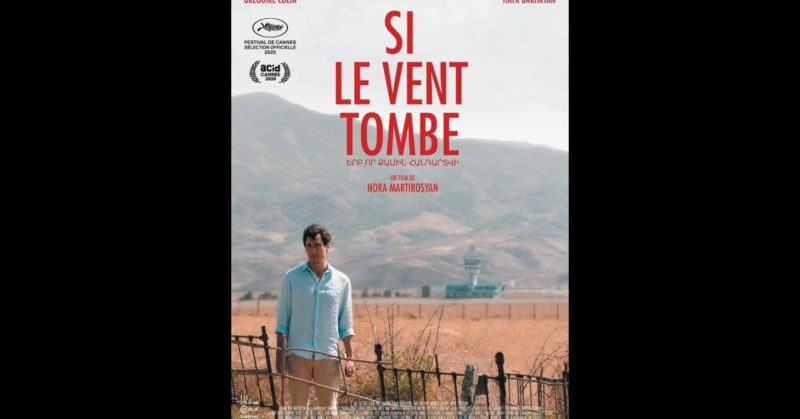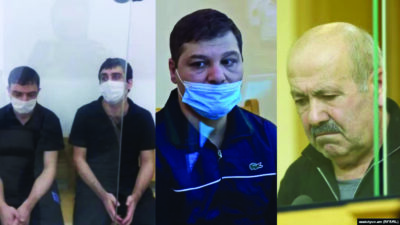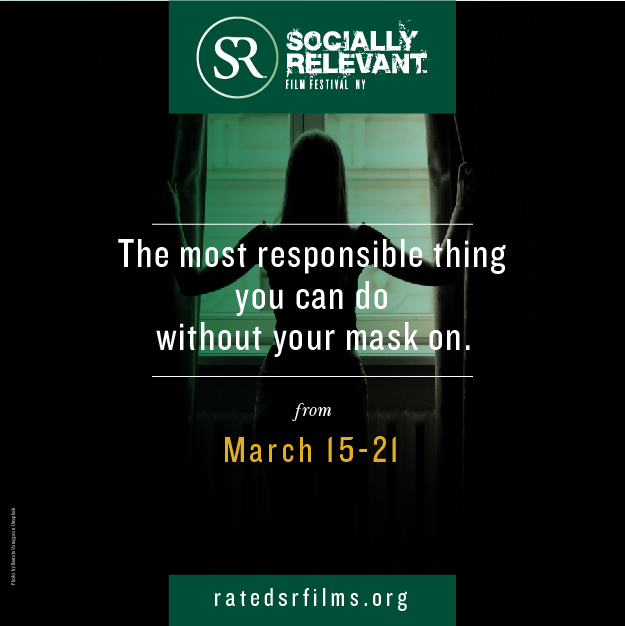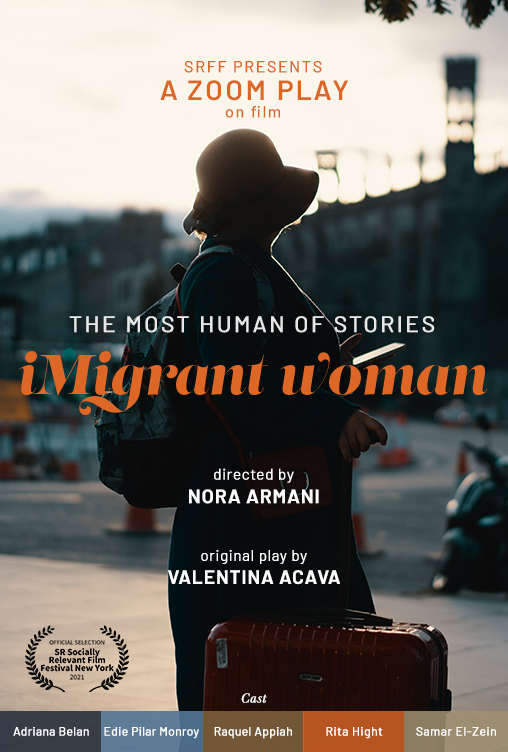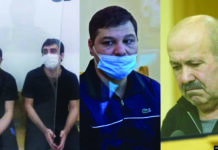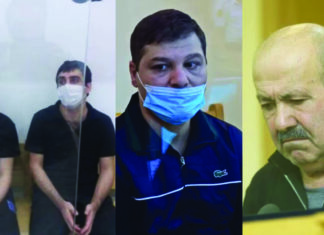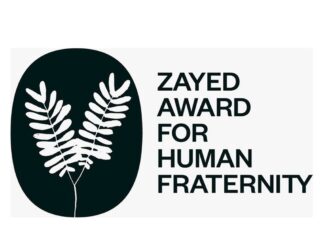NEW YORK — Founded in 2014 by actress and filmmaker Nora Armani, the Socially Relevant Film Festival New York is celebrating its eighth edition with its most exciting slate to date: in all 65 films from 33 countries including Armenia will be screened this upcoming March 15-21. Armani dedicated the festival to the memory of her cousin, Vanya Exerjian, who died as a result of a hate crime in Egypt. Hence, from the beginning its goal has been to bring audiences everywhere positive, life-affirming, socially relevant films — in counterpoint to the gratuitous violence that one sometimes sees in contemporary mainstream releases. “My hope,” says Armani, “is that these films will collectively and individually bring about some positive change in the world. If SRFF contributes in even a small way to making such change possible, then I will feel that I have completed my mission on this planet.” Every year Armani also includes films from the Republic of Armenia and the Armenian diaspora, seamlessly curating them into the different series and panels presented. Here is a brief roundup of what to look for this year, without giving too much away in the form of spoilers.
French Armenian actor and director Serge Avedikian, most recently seen in the 2013 tour-de-force “Paradjanov,” and “Return to Armenia” (2016), has created a highly personal film shot during four visits to his family’s ancestral village of Sölöz in Turkey, from 1987 to 2019. The resulting 65-minute documentary feature, “Back to Sölöz,” is being screened here in its US premiere as part of the festival’s Genocide and Survival series, highlights the themes of identity, historic truth and reconciliation.

Located 170 kilometers south of Istanbul, Sölöz is now bereft of Armenian life, the only remains being in the form of Armenian letters inscribed on discarded stones and steps of ruined monuments and churches.
The documentary’s great strength lies in the fact that Avedikian has few expectations: he doesn’t preach or expect repentance from anyone involved. The reactions of the locals, most of whom were either relocated by the government or moved to Sölöz years after the events of 1915 range from puzzlement to regret about a painful history for which they themselves were not personally responsible.
